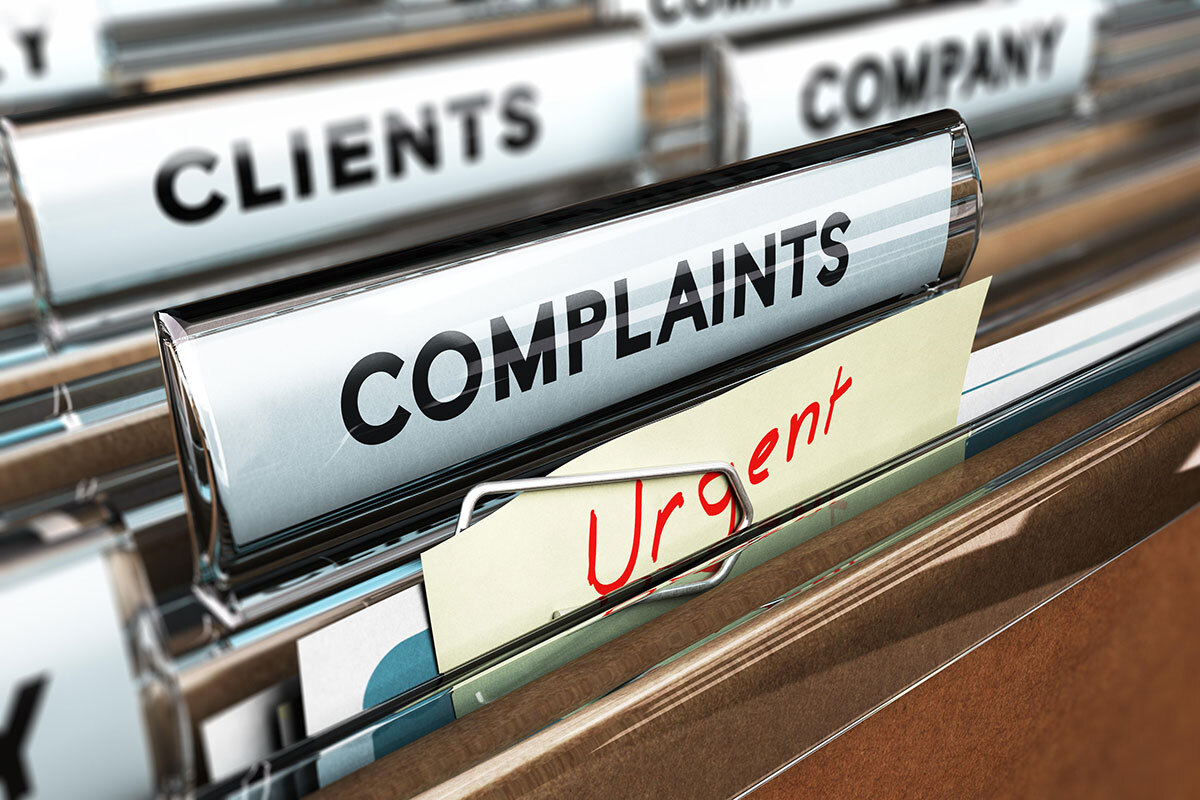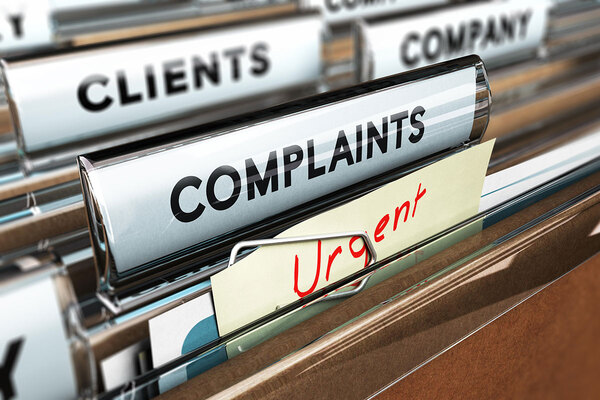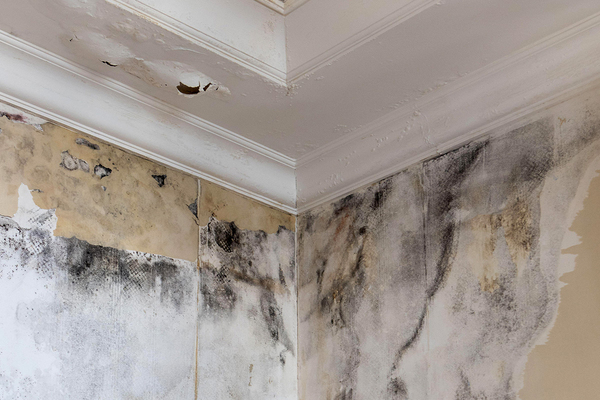You are viewing 1 of your 1 free articles
As landlords come under economic pressure, they must not lose focus on complaints
There is an acute risk that some social landlords will lose their way on complaint-handling due to economic pressures, warns Richard Blakeway
There is acute concern about the economic outlook and impact of rising costs on residents this winter. The proposed rent cap presents new challenges while existing issues, such as building safety, are still being addressed. It is a perfect storm.
Landlords’ responses to these issues will help define their relationship with their residents, generating stronger bonds or eroding trust. Complaints will be an indicator for how successful landlords are. Yet, there is an acute risk some landlords will lose their way with them.
“We know there are immense financial pressures on landlords, but it is crucial that we don’t see a deterioration in complaint-handling services”
The complaints they receive will reflect the real-life experiences of their residents during these uncertain times. This period will require effective communication and expectation management, better record-keeping and ensuring services, especially repairs, are responsive.
Yet, these are key reasons we find maladministration. For some landlords, failing to comprehensively address these problems means they may face greater challenges.
This requires landlords to do three things on complaint-handling.
First, it is vital that complaint teams are adequately resourced. The challenges that some landlords are experiencing with volumes is partly because their complaints teams were poorly resourced.
In some cases this will be because of budgetary pressures or because complaints were not prioritised. This cannot be repeated.
We know there are immense financial pressures on landlords, but it is crucial that we don’t see a deterioration in complaint-handling services.
For more than 60 landlords that have received complaint-handling failure orders over the past 18 months, some several times, and the many more who have come close to one, particular focus is required.
“Unfortunately, some landlords have the wrong complaint-handling culture. It’s paramount that the complaints team has influence within the organisation to inform service improvement”
This week, the strengthened Complaint Handling Code and revisions to the Ombudsman Scheme have come into effect.
This includes removing the designated person requirement before a complaint is made to the Housing Ombudsman, which is a hugely positive step. We have also published new guidance on remedies, including a new tier of compensation where we find severe maladministration.
Collectively, these changes will improve redress, awareness and access to complaints procedures.
Many landlords remain concerned about the rise in legal claims. In response, these landlords should consider whether their complaints procedure is visible, accessible and provides redress. There is almost certainly more they could do to direct residents to the ombudsman to provide alternative dispute resolution.
Second, the function of the complaints team needs to be respected across the organisation. It is not their job to defend the landlord, but to provide redress and identify learning. However, these teams cannot put things right for residents if they are not empowered.
Unfortunately, some landlords have the wrong complaint-handling culture. It’s paramount that the complaints team has influence within the organisation to inform service improvement. This requires a direct line to senior leaders to ensure their insights are not fettered.
This leads to the third area: systemic issues. Complaints could indicate where something may be going wrong. They may reveal any weaknesses in policy or practice. These insights are essential given current pressures.
Yet, it can be too easy to dismiss service failures as isolated or historic. This is why we are increasing our work on examining the reasons for repeated service failure from our unique, independent perspective.
“The sector can often focus more on compliance than learning. This has to change as the lessons from past issues could help landlords respond better to future pressures”
The sector is familiar with our sector-wide, thematic reports, but less so with those on individual landlords. This approach is straightforward: we review our investigations into a particular area to identify lessons for the landlord by considering the complaints in the round rather than in isolation. So far we have taken this approach with four landlords, and each report will be published to provide learning for others.
The sector can often focus more on compliance than learning. This has to change as the lessons from past issues could help landlords respond better to future pressures. There is the risk of damp and mould as residents face managing energy costs, for example. Applying learning from our Spotlight report on this issue, as many landlords are actively doing, could be critical.
The challenges over the coming period require inspirational leadership among social landlords. By focusing on their complaint-handling, landlords will be able to navigate the daily pressures better and gain valuable insight into what is working and what is not.
Richard Blakeway, housing ombudsman
Sign up for our daily newsletter
Already have an account? Click here to manage your newsletters
Sign up to the Tenant and Resident Engagement Conference
Join us at this leading one-day event designed to help landlords and tenants achieve meaningful engagement following the Social Housing White Paper sector reforms, covering culture change, co-production and how to engage tenants on climate change, building safety, disrepair and more.
There is a free tenant place for every delegate pass booked by a landlord.
To view the agenda and book your delegate pass, click here.















